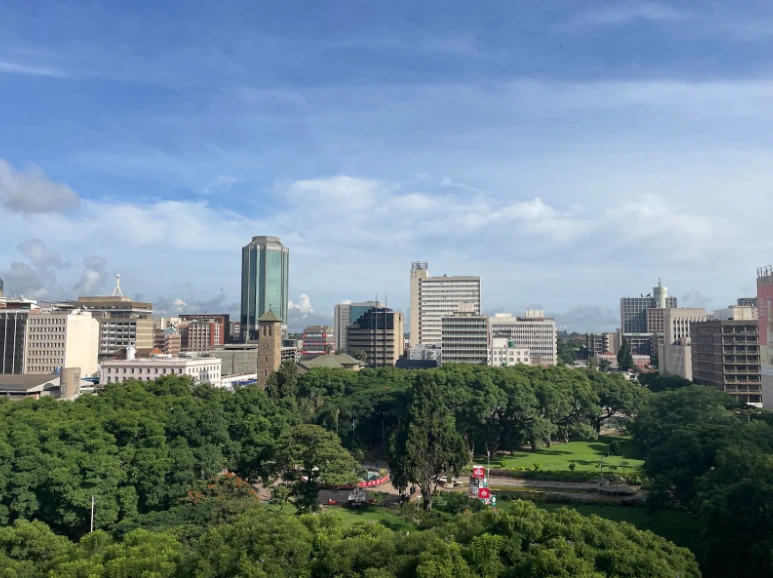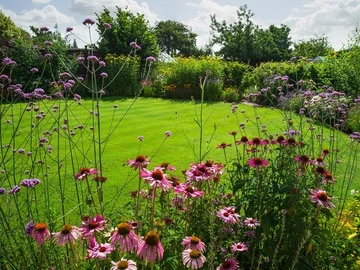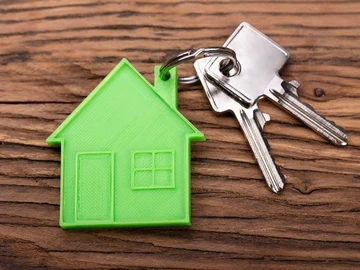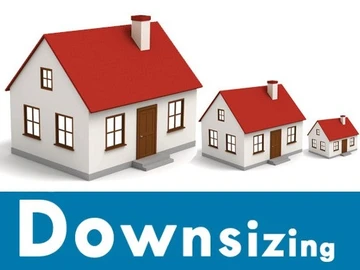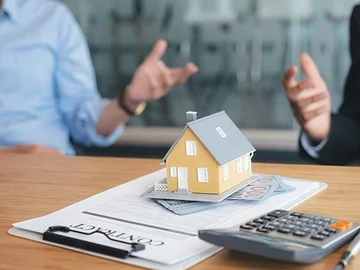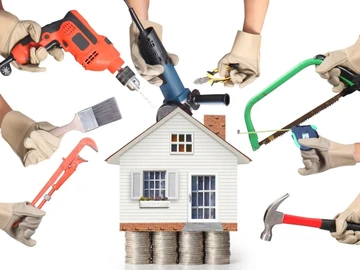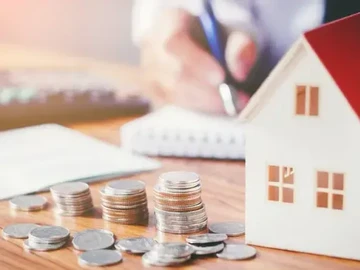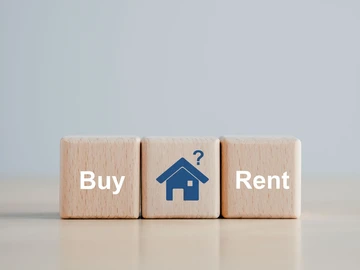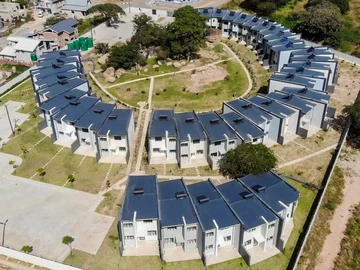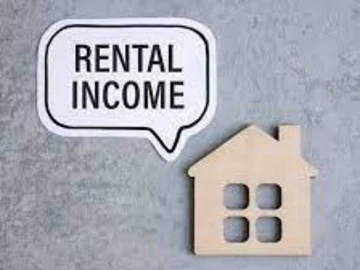Harare, the vibrant capital of Zimbabwe, is not only the country's cultural and political centre but also a real estate hot spot. With its mix of old-world charm and modern development, Harare attracts a diverse range of buyers, from young professionals to retirees. But what is the price of property in this dynamic city? In this article, we'll dive into the current market trends and average prices for different types of homes, so you can better understand the cost of living in Zimbabwe's most sought-after city.
In the city of Harare, you can buy apartments, townhouses, single-family homes, etc., so we will be discussing their average prices individually. Economic variables like population shifts or zoning rules influence property prices. Generally , prices in Harare have been steadily rising in recent years, although there are fluctuations based on factors like location, type of property, and economic conditions. For example,the annual inflation rate in Zimbabwe soared for the fourth month to 47.6% in February 2024, the highest in over a year, from 34.8%. This has created an appetite for real estate as an investment vehicle of choice, as people can hedge their funds. onThe tumultuous and unpredictable economy has also sent many citizens abroad in the diaspora, and these diasporans usually consider and prioritise investing back home, with real estate being the premier investment choice.
The fair selling price for a property in Harare North or Harare East varies from $150,000 to $350,000, depending on the land size and location. In general, land prices in Zimbabwe vary significantly depending on location, proximity to amenities, and market conditions. A 2-bedroom flat or apartment in Vainona can range from USD 160,000. According to 2023 listings statistics listed by property.co.zw, the demand for properties in Borrowdale and Avenues was 15%, while in Marlborough and Glen Lorne it was 6%.
In Zimbabwe's real estate industry, a notable shift towards a seller's market has emerged, signaling a significant increase in property prices over the past five years. With prices surging by an impressive 40% during this period, sellers are experiencing a robust demand for their properties, driving competition and favorable conditions in the market. It would be premature to conclude if this upward trend reflects the growing confidence in the Zimbabwean real estate sector, as other market dynamics such as inflation could be indicative of a bubble that may burst at any moment.
Estimates on Average Pricing
Areas like Borrowdale, which are known for their high-end, luxurious properties, can range from $800,000 to over $2 million. In the most-popular trendy Avenues probably due to their proximity to the City Center, properties tend to be more affordable, with apartments ranging from $120,000 to $350,000 and townhouses and houses ranging from $300,000 to $700,000. While in mid-income neighborhoods like Marlborough, prices are lower, ranging from $100,000 to $250,000, apartments and townhouses in Eastlea can range from $60,000 to $140,000. Eastlea.
Properties in high-density suburbs like Budiriro and Hatfield are among the more affordable areas of Harare, so the prices can be as low as $35,000 to $90,000, while apartments and townhouses can be found for as little as $25,000 to $70,000.
Assuming the land is in a prime area of Borrowdale, it's likely that the price per square meter could range from $75 to $120, or even higher. On average, the price per square meter is between $80 and $120. Using that rate, a simple cottage may cost $64,000. A 3-bedroom house will cost something like $12,800, and 4 bedrooms will cost $14,400. These are normal houses, and people are torn between building a house from scratch or buying an old one and renovating it. These prices may vary per location; for example, in other cities like Victoria Falls, Mutare, Zvishavane, and many others, they will not have properties on the same side.
All things considered, Harare is undoubtedly a prime location for real estate in Zimbabwe. From its bustling city life and diverse communities to its high property values and desirable landscape,. Harare has a lot to offer both buyers and sellers. The competitive market, changing environment, and range of neighborhoods make this city a hot spot for property investment. Whether you're looking for a high-end property in Borrowdale or a more affordable option in Budiriro, Harare has something to suit every budget and preference.
What does the future hold for property in Zimbabwe?
The future of property in Zimbabwe is promising, with potential for growth and development, despite current challenges. Here are some trends and predictions
Increased demand for housing: The housing backlog is significant, and demand is expected to rise, driven by population growth and urbanization.
Growth in infrastructure development: Upgrades to roads, water, and electricity infrastructure will improve property values and attract investment.
Expansion of the middle class: A growing middle class will drive demand for better housing and commercial properties.
Increased investment in real estate: Local and foreign investors are showing interest in Zimbabwe's property market, particularly in commercial and industrial properties.
Government support: The government has initiated programs to stimulate the property market, such as the National Housing Policy and the Zimbabwe National Roads Administration's (ZINARA) infrastructure development projects.
Technology and innovation: The adoption of technology, like online property platforms and digital payment systems, will enhance the property market's efficiency and accessibility.
Challenges remain: Political and economic instability, high inflation, and currency fluctuations may impact the property market's growth and stability.
Opportunities in affordable housing: There is a significant need for affordable housing, presenting opportunities for developers and investors.
Growth in tourism and hospitality: Zimbabwe's natural attractions and cultural heritage are expected to drive an increase in investment in tourism and hospitality properties like hotels and lodges.
Sustainable development: There is a growing focus on sustainable and environmentally friendly properties, which will shape the future of Zimbabwe's property market.
Keep in mind that these predictions are based on current trends and may change due to various factors, including political and economic developments.
 Continue with Facebook
Continue with Facebook
 Continue with Email
Continue with Email

